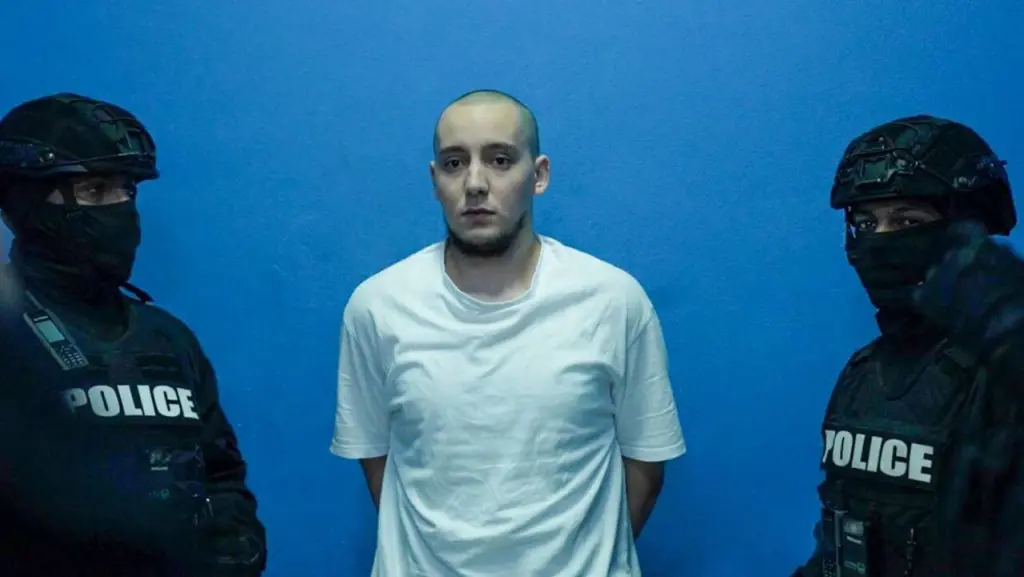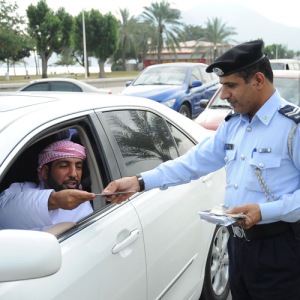UAE extradites wanted individual to Netherlands following his arrest by Dubai Police based on a Red Notice issued by Interpol. The suspect faced charges including drug trafficking, money laundering, and involvement in organized criminal activities. This extradition highlights the UAE’s commitment to international law enforcement cooperation and adherence to legal procedures.
Understanding the Interpol Red Notice
An Interpol Red Notice is an international request to locate and provisionally arrest an individual pending extradition. It is not an international arrest warrant but serves as a critical tool for law enforcement agencies worldwide to track and apprehend fugitives. Red Notices are issued at the request of member countries or international tribunals and are circulated to all Interpol member nations.
In this case, the UAE responded swiftly to the Red Notice, demonstrating its active role in international policing efforts. Dubai Police were instrumental in executing the notice, showcasing the city’s strategic position in global law enforcement networks.

Dubai Police and International Law Enforcement
Dubai Police have earned a reputation for their efficiency and professionalism in handling international criminal matters. Their collaboration with Interpol and other global agencies has resulted in numerous high-profile arrests and extraditions over the years. The recent case underscores their commitment to upholding the rule of law and ensuring that fugitives cannot find refuge within the UAE.

The Dubai Police’s General Department of Criminal Investigation specializes in tackling organized crime, including drug trafficking, money laundering, and other transnational criminal activities. Their work is supported by advanced technology and a highly trained team that coordinates closely with law enforcement agencies worldwide.

Legal Framework for Extradition in the UAE
The UAE has a well-defined legal framework for extraditing individuals wanted for serious crimes. Extradition is permitted when specific conditions are met, including a valid arrest warrant, the seriousness of the alleged crime, and assurances that the individual will receive a fair trial.
In this instance, Dutch authorities presented a thorough legal case, leading to the UAE court’s approval and the Ministry of Justice’s authorization for extradition. This process reflects the UAE’s compliance with international legal standards and emphasizes its commitment to working cooperatively with other nations to ensure justice is served.
International Cooperation and Crime Prevention
The extradition of this individual sends a clear message to criminals worldwide that the UAE is not a safe haven for fugitives. It reinforces the principle that international borders cannot shield individuals from facing justice for serious crimes.
This case also highlights the increasing trend of international collaboration in combating transnational crime. Countries are recognizing the need to share intelligence, coordinate law enforcement efforts, and provide mutual legal assistance to address challenges like drug trafficking, money laundering, and organized crime.
The UAE’s active participation in such initiatives enhances its reputation as a nation dedicated to upholding the rule of law and promoting international justice. It serves as an example for other countries on how to effectively collaborate in global law enforcement efforts.

Impact on the Fight Against Organized Crime
Extraditions like this play a significant role in combating organized crime. Removing individuals involved in criminal networks from one jurisdiction helps disrupt illegal activities, dismantle gangs, and prevent further criminal operations.
Additionally, successful extraditions encourage greater cooperation among nations and strengthen the global framework for addressing serious crimes. The UAE’s cooperation with the Netherlands in this case demonstrates that countries can work together to hold criminals accountable, regardless of where they attempt to hide.
Conclusion
The extradition of a wanted individual from the UAE to the Netherlands underscores the importance of international law enforcement collaboration. It demonstrates the UAE’s dedication to upholding justice, ensuring that serious criminals face legal consequences, and actively participating in global efforts to combat transnational crime.
As international crime continues to evolve and cross borders, cooperation between nations will remain essential. The UAE’s approach provides a model for effective collaboration, showing that legal systems can work together to ensure justice and maintain safety for citizens worldwide.
Do follow UAE Stories on Instagram
Read Next – Afghanistan Beat UAE: Zadran and Atal Shine, Rashid Makes History












